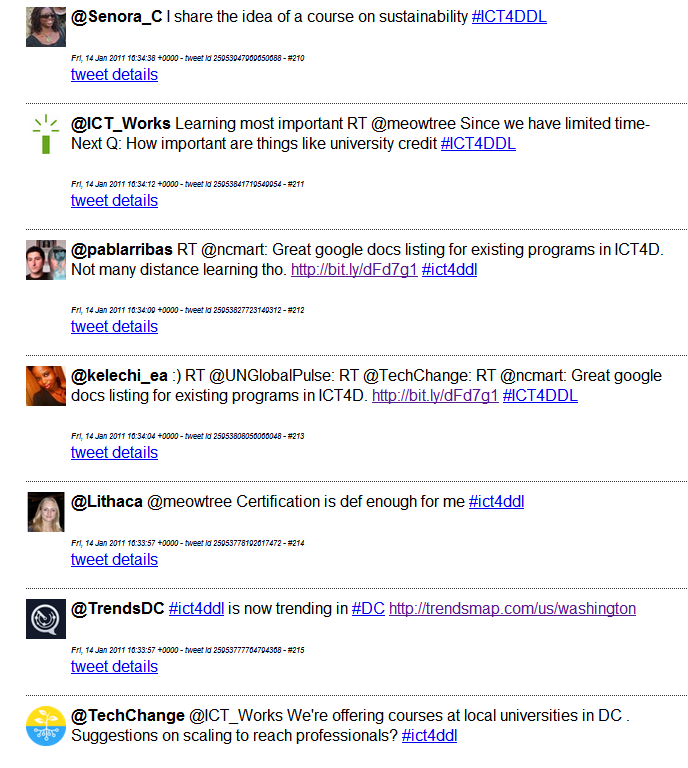Update 13:30 EST 1/31
As the protests continue unabated, the internet remains largely blocked with the exception of Noor ISP which serves roughly 8% of Egyptian traffic. Internet activists have galvanized into a group called WeRebuild which is working to bypass restrictions. Their most interesting strategy so far has been to coordinate with international ISPs to provide international numbers which Egyptians can call with dial-up modems. Also fascinating is the steps ordinary Egyptians are taking to protect themselves, the TOR anonymizing service has seen a quadrupling of users from those lucky enough to be connected through Noor. The most promising possibility is in further development of wireless mesh networking. The Serval Project and the implementation of Wi-Fi direct mean we could only be a few years from a time when activists can set up ad-hoc networking that would be invisible to government detection.
Update 20:24 EST 1/28
I think today’s events have demonstrated that Maria Popov was right to call Malcolm Gladwell #wrong for decrying the use of social media for social change. More information does make a difference. We’ve seen important germination of these revolutions being conducted online before the governments were able to close down information networks. Wired has a fascinating account of the IT department of Tunisia and how Ben Ali was only barely cognizant of the danger of social media in facilitating coverage and organization. While Egypt’s Hosni Mubarak at least turned off the network, he only did it after there was enough online social networking to spark more real life gatherings. Another difference is the rise of Al-Jazeera and other satellite networks which are able to show coverage from different areas of the country. However, I think the biggest driver of these revolutions is demography, the youth bulge from high birth rates and declining mortality is causing bloated corrupt societies to start to show signs of age.
—-
This post was originally going to be about Wikileaks, specifically the Swiss banker recently convicted for leaking the information of hundreds of ludicrously wealthy tax fraudsters. However the live-blogged revolution in Egypt makes for much more pressing discussion. (more…)


